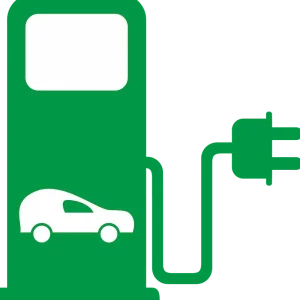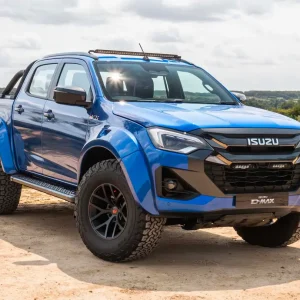The manufacturer said the petrol Combo will be aimed at companies operating in city locations that are worried about the possibility of running into problems with diesel particulate filters becoming clogged and leading to engine issues.
“DPF technology is improving but certain customers still want the option of a petrol,” said Vauxhall boss Duncan Aldred, speaking at the CV Show that took place at the NEC in Birmingham in April.
He said that although the petrol version of the Corsican represents only minimal numbers, a 1.4-litre petrol Combo will launch this summer.
The Combo could also get a small pick-up derivative thanks to it being based on Fiat’s Doblo.
The Doblo Work Up was launched last year aimed at users such as parks authorities and councils, and Vauxhall has confirmed it is looking at the model and will decide if there is a case for launching a Combo version.
The green-branded Ecoflex versions of the larger Vivaro and Movano will be updated later this year, although the efficiency enhancements haven’t yet been confirmed in terms of what they will do to emissions or economy figures.
One model heading in the other direction is the long-standing Astravan. Sales have slipped from a high of more than 10,000 to around 3000, and Aldred said the new Combo now meets the needs of many previous Astravan buyers.
“It will be on-sale through into next year, but after that we won’t replace it,” he said.
“The Astravan has been a wonderful van and it has a place in people’s hearts, but we’ve now got the creature comforts and utility that the new Combo offers.”
Aldred said that the falling sales of a product that only sold in significant numbers in the UK meant the engineering cost wasn’t viable for a new generation of the car-derived model.
Looking further ahead, Vauxhall is confident that the £150m investment in the Luton plant to build the next-generation Vivaro and Renault Traffic mid-sized vans will reap rewards when the new models launch in 2014.






